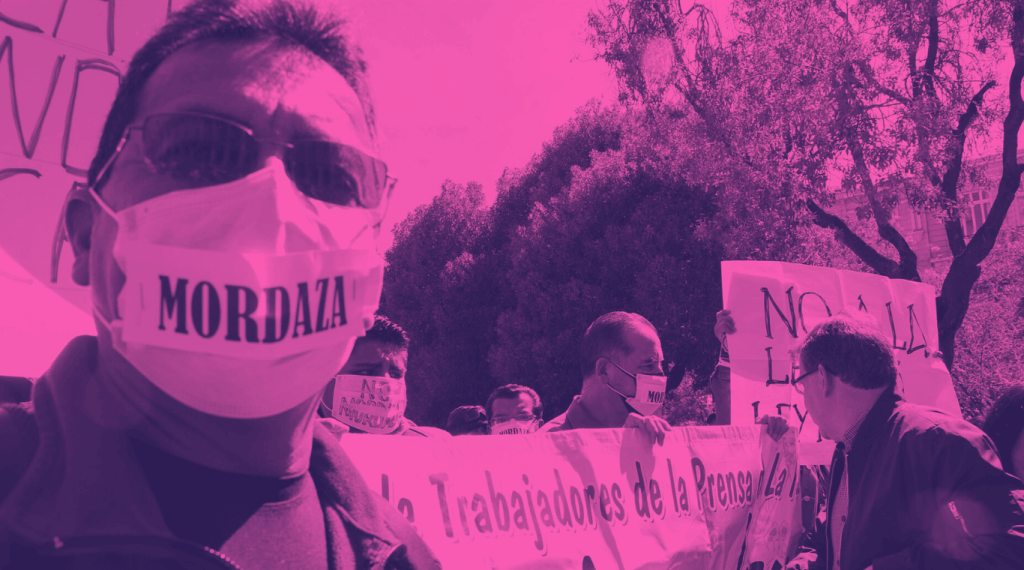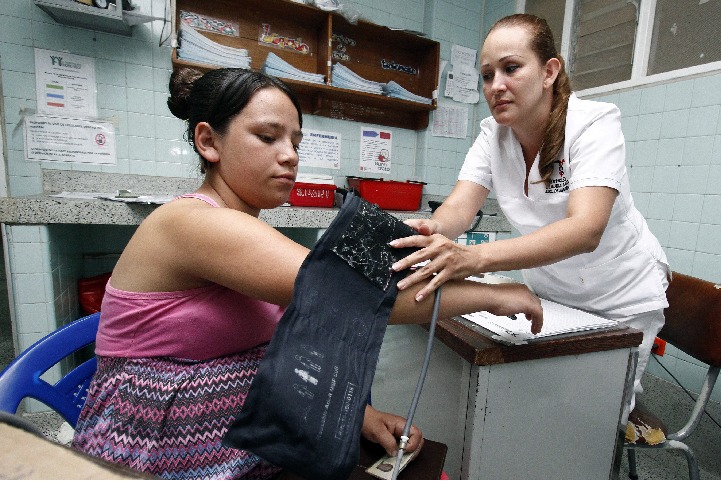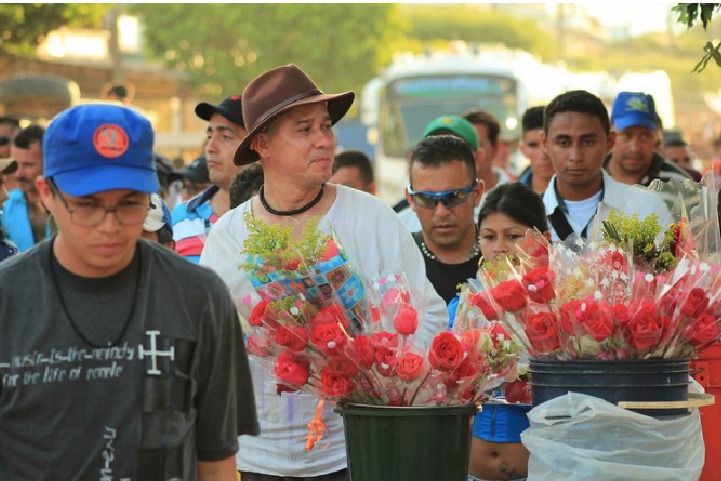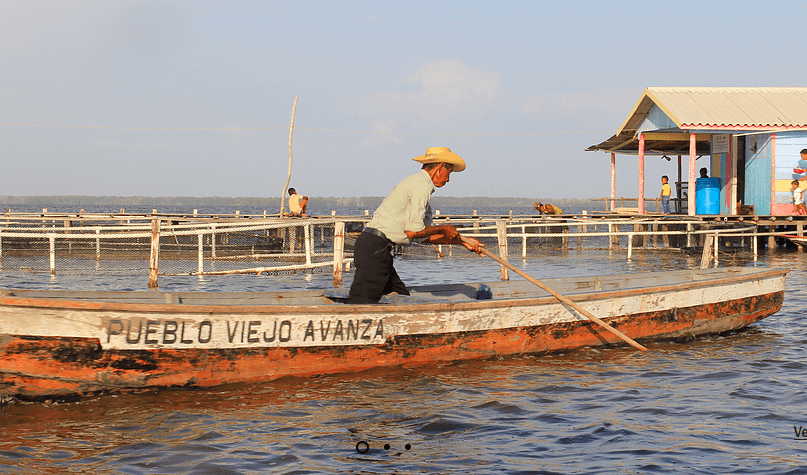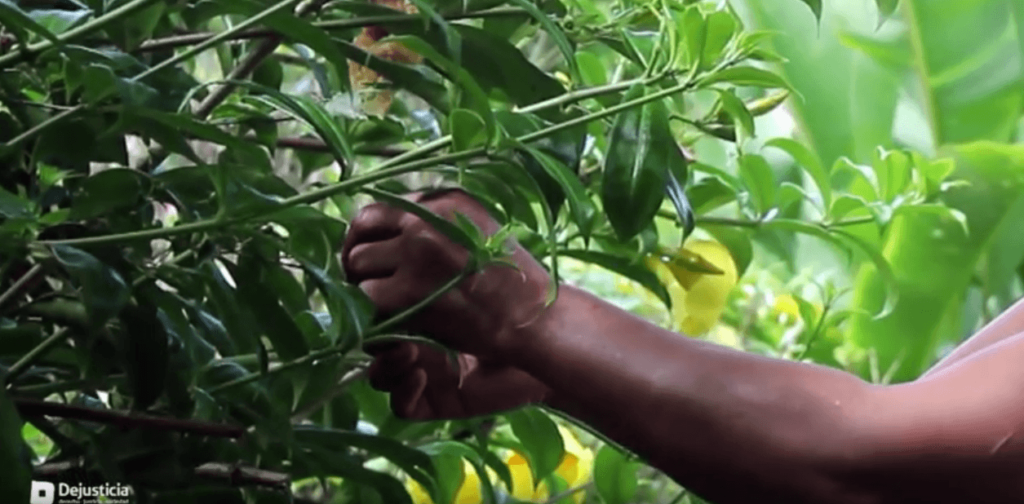News
LATEST IN COLOMBIA

News
Comparative Study of Transitional Justice
By Rodrigo Uprimny Yepes |
The article offers a comparative study of the process of transitional justice as adopted by various countries. By exploring the unique contexts, dilemmas, and pardoning systems, the study examines the methods of applying transitional justice. Finally, the author advocates for Colombia to embrace transitional model founded on responsible pardoning and democratic legitimacy.
Transitional and Restorative Justice: Complements and Tensions
By |
The study explores the benefits and drawbacks of applying the framework of restorative justice as the dominant paradigm in order to address problems presented by transitional justice in Colombia. The investigation is timely as the idea that transitional processes should be founded on restorative justice is becoming increasingly popular. By exploring the original concepts of the two branches of justice, the author analyzes several complementary characteristics between the two and also analyzes the important tensions that exist between them. The findings highlights limitations that exist in the restorative justice approach as when applied to a transitional time. Ultimately, the author concludes that the processes of transitional justice, especially those in Colombia, should contain punishment for those responsible for serious human rights violations, and therefore, only they should only contemplate using restorative justice in limited situations.
The block of constitutionality in Colombia: jurisprudential analysis and a trial of the doctrinal systematization.
By Rodrigo Uprimny Yepes |
The text analyzes the evolution of the block of constitutionality in Colombia and it evaluates comparative rights and shows the importance of incorporating it into the national code of human rights standards. After explaining the view of this figure, the text describes its evolution in the Colombian constitutional jurisprudence and analyzes the main conceptual and legal issues that still pose problems, proposing doctrinal solutions that favor application by national judges of the international law of the human rights.
Block of constitutionality, human rights and the new penal procedure
By Rodrigo Uprimny Yepes |
The text synthesizes the reach of the block of constitutionality in Colombia, including that permit of the internal application of international human rights law. After proposing a doctrinal systematization of the reach of this figure, the text samples some of Colombia’s penal applications.
The uni-diversalidad of the human rights: confliction of rights, concepts of democracy and constitutional interpretation.
By Rodrigo Uprimny Yepes |
The article shows the relationship between the practice of the constitutional interpretation and the problems of the fundamentalism of universality of human rights. The article does a systematic study of Colombian, German, and American constitutional jurisprudence that has resolved the tensions between the right to privacy and the right to freedom of information. It also samples different solutions to the tensions of constitutional democracy. The article maintains that the practical harmonization of those constitutional tensions is a possible to reach through dialogue, a certain universality of human rights and to understand them there needs to be a respect for the diversity of perspectives.
A win for Uribe and the left wing
By Juan Fernando Jaramillo |
The law of electoral guarantees creates extensive opportunities for the growth and strengthening of the democratic left wing in Colombia.
I don’t care if they call me a dictator.
By Dejusticia |
During his six years in office, Bukele has consolidated his power, paving the way to become the dictator he appears to be announcing himself as.
NGOs at risk of global extinction
By Dejusticia |
How can non-governmental organizations transform themselves? What were they like when they did not depend on international funding?
Colombia: going back to the original balance of justice
By Paola Molano Ayala |
There is a crucial aspect of Colombia’s transitional justice model that is worrying: the current inability of the Special Jurisdiction for Peace (JEP) to offer legal security to those who participated in the conflict, including in human rights violations, and have not been identified as among the most responsible. And making sure they also contribute to the satisfaction of the rights of the victims. The JEP must avoid keep moving towards maximalist approaches and go back to the balance in the Peace Agreement.
Elementa DD.HH. y Dejusticia presentamos un amicus en el proceso que adelanta el Asocazul y Cajar por afectaciones derivadas de aspersiones con glifosato
By Dejusticia |
El glifosato causó daños irreversibles a los campesinos del sur de Bolívar y el Estado debe repararlos. Así lo argumentamos en una intervención ante el Consejo de Estado.
Colombia must obtain resources to guarantee the right to health of Venezuelan migrants: Constitutional Court
By Santiago Ardila Sierra |
The high court protected the right to health of two undocumented Venezuelans and requested the government to advance as “expeditiously and effectively as possible” towards the full realization of migrants’ right to health, regardless of their immigration status. Dejusticia intervened in the case.
Dejusticia intervenes in defense of Venezuelan migrants’ right to health
By Dejusticia |
The Constitutional Court invited Dejusticia to present their legal opinion on two cases concerning the right to health of people coming from Venezuela.
The long wait of the JEP ahead of the decisions of the Constitutional Court and Congress
By Dejusticia |
In the last six months civil society organizations, such as Dejusticia, have called on both institutions to give free rein to the norms that consolidate the Special Jurisdiction for Peace.
Case of indigenous people of Bojayá who could not vote in the plebiscite is about to reach the Court
By Mauricio Albarracín |
Through a tutela, a group of Emberá claimed their rights to political participation and equality, because their economic situation and how far they live made it impossible for them to move to endorse the Peace Agreement. Dejusticia, human rights organizations, and indigenous leaders asked the High Court to review the case.
The Constitutional Court has the last word to save the Ciénaga Grande of Santa Marta
By César Rodríguez Garavito |
The environmental crisis of this ecosystem led fishermen to pursue a legal battle that reached the High Court. In this intervention, we support their demand that environmental authorities take urgent measures to stop the disaster and thus, protect their rights to healthy environment, dignified life and work.
Gender focus in rural reform is important but insufficient
By Ana Jimena Bautista |
The Gender-in-Peace Working Group -GPAZ, a group of which Dejusticia is a member, took part in the Public Hearing convened by the Constitutional Court, within the framework of the informal constitutional review of Decree 902 of 2017 “to facilitate the implementation of the Comprehensive Rural Reform contemplated in the Final Land Agreement, specifically the procedure for access and formalization and the Land Fund.”
Stories
From The Territory
We travel with 20 indigenous activists of the world to the heart of the Sierra Nevada de Santa Marta. Listen to this story about the Kankuama Resistance.
Dejusticia's
Documentaries
Discover some of the documentary pieces that we have made. Indigenous resistance, migration of Venezuelans to Colombia and stories of women coca growers, are some of our topics of interest.

